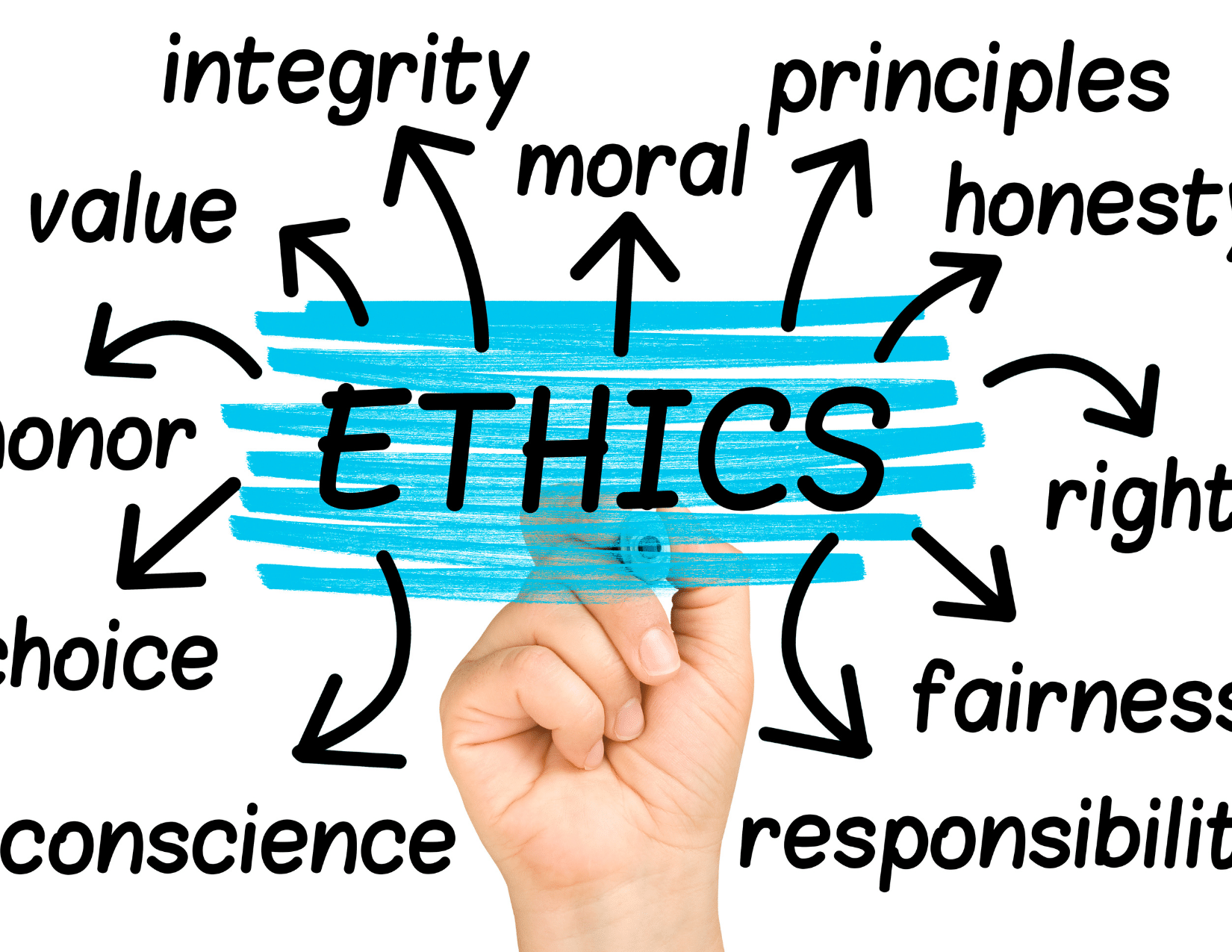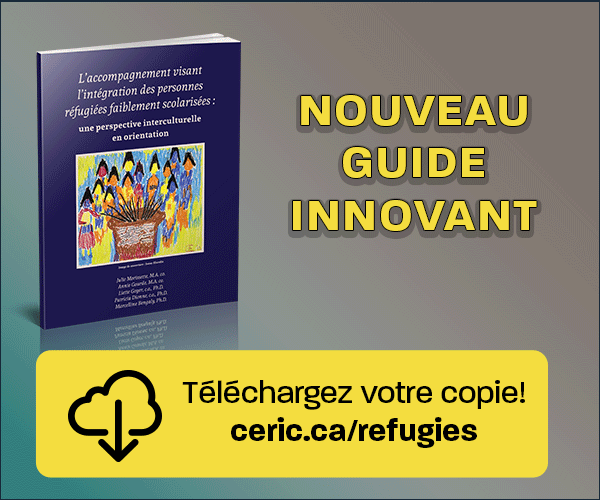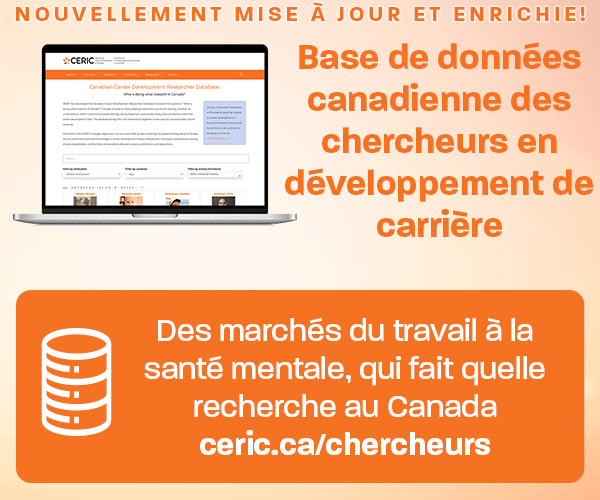Gestion des risques d’ordre éthique dans les programmes d’enseignement coopératif
Mots-clés :
apprentissage intégré au travail, éducation coopérative, risque éthique, risque, gestion des risques, éthiqueRésumé
Work-integrated learning (WIL) practitioners and higher education institutions (HEIs) regularly encounter ethical issues, dilemmas, or conflicts (‘risks’) in delivering WIL programs. Ethical risks that are not properly identified and managed can result in negative financial, legal and reputational consequences for the HEI. A case study of 10 Canadian WIL practitioners reported in this article identifies practices that reduce, transfer, control or eliminate ethical risk in co-operative education, a popular type of WIL program in Canadian HEIs. The findings are presented as a framework of risk management practices involving education and training, institutional support, policies and processes, collaboration with the WIL community, and student communication. A key theme underpinning the ethical risk management practices is the complexity of maintaining productive, quality relationships between three categories of WIL stakeholders- students, employers and the HEI. This study builds on earlier research revealing characteristics of ethical risk in WIL, with the subsequent findings intended to educate WIL stakeholders and assist them with evaluating and improving ethical risk management.
Références
Baker, M. (2012). Choosing ethical partners: one institution’s efforts to engage in ethical partnerships. In M. Campbell (Ed), Collaborative Education: Investing in the future – Proceedings of the 2012 ACEN National Conference (pp. 9–13). Melbourne, Australia: Australian Collaborative Education Network Limited.
Cameron, C. (2017). The strategic and legal risks of work-integrated learning: An enterprise risk management perspective. Asia-Pacific Journal of Cooperative Education, 18(3), 243–256.
Cameron, C. (2019). The university lawyer as collaborator and facilitator: A study in work-integrated learning. Journal of College and University Law, 44(2), 209–242.
Cameron, C., Ashwell, J., Connor, M., Duncan, M., Mackay, W., & Naqvi, J. (2019a), Managing risks in work-integrated learning programmes: a cross-institutional collaboration. Higher Education, Skills and Work-Based Learning, 10(2), 325–338.
Cameron, C., Dodds, C., & Maclean, C. (2019b). Ethical risks in work-integrated learning: A study of Canadian practitioners. International Journal of Work-Integrated Learning, 20(1), 83–95.
Cameron, C., Dodds, C., & Maclean, C. (2020). Understanding ethical risk for co-op practitioners. Careering. Retrieved from https://ceric.ca/2020/02/understanding-ethical-risk-for-co-op-practitioners/
Cameron, C., & Orrell, J. (in press), Governance and risk management. In S. Ferns, A. Rowe and K. Zegwaard, Advances in research, theory and practice in work-integrated learning: Enhancing employability for a sustainable future. New York, NY: Routledge.
Co-operative Education and Work-Integrated Learning Canada. (2020a). Recruiting ethics. Retrieved from https://www.cewilcanada.ca/recruitingethics.html
Co-operative Education and Work-Integrated Learning Canada. (2020b). WIL definitions. Retrieved from https://www.cewilcanada.ca/_Library/Rebrand_CEWIL/WIL-Def-Final.pdf
Cooper, L., Orrell, J., & Bowden, M. (2010). Work integrated learning: A guide to effective practice. London, UK: Taylor & Francis Group.
Davies, M., & Heyward, P. (2019). Between a hard place and a hard place: A study of ethical dilemmas experienced by student teachers while on practicum. British Educational Research Journal, 45(2), 372–387.
Dodd, S. J. (2007). Identifying the discomfort: An examination of ethical issues encountered by MSW Students during field placement. Journal of Teaching in Social Work, 27(1/2), 1–19.
Effeney, G. (2019). Risk in work integrated learning: A stakeholder centric model for higher education. Journal of Higher Education Policy and Management, 1–16. doi:10.1080/1360080X.2019.1701852
Johnson, N., McRae, N., & Maclean, C. (2016). The Development of a Comparative Matrix of Forms of Work-Integrated Learning and Work-Integrated Education (WIL/WIE) within the Province of BC, Canada. Paper presented at 2nd WACE International Research Symposium on Cooperative and Work-Integrated Education, Victoria, BC, Canada.
Johnston-Goodstar, K. (2012). A funny thing happened at the internship today: A reflection on ethical dilemmas, decision-making, and consequences of a questionable field work situation. Reflections: Narratives of Professional Helping, 18(2), 60–63.
Mark, J. (2001). Ethical issues in cooperative education - The practitioner’s perspective. Journal of Cooperative Education, 36(2), 32–36.
Neil-Smith, I. (2001). Some difficulties and dilemmas of a scholarship-based co-op program. Journal of Cooperative Education, 36(2), 37–42.
Newhook, R. (2013). Perceptions of risk in co-operative education. Journal of Cooperative Education and Internships, 47(1), 78–93.
Paulins, V. A., & Lombardy, L. (2005). Ethical dilemmas in retail merchandising: Student perceptions. Journal of Family and Consumer Sciences, 97(3), 56–62.
Reeser, L. C., & Wertkin, R. A. (1997). Sharing sensitive student information with field instructors: Responses of students, liaisons, and field instructors. Journal of Social Work Education, 33(2), 347–362.
Ricks, F. (2003). Identifying resources: Ethics in cooperative education. In P. L. Linn, A. Howard, & E. Miller (Eds.), Handbook for research in cooperative education and internships (pp. 53–69). Florence, SC: Taylor and Francis.
Rosenblum, A. F., & Raphael, F. B. (1987). Students at risk in the field practicum and implications for field teaching. The Clinical Supervisor, 5(3), 53–64.
Sharp, H. M., Kuthy, R. A., & Heller, K. E. (2005). Ethical dilemmas reported by fourth-year dental students. Journal of Dental Education, 69(10), 1116–1122.
Stake, R. (1995). The art of case study research. Thousand Oaks, CA: Sage.
Surbeck, B. (2013). An ethical dilemma in field education. Field Educator, 3(1), 1–9.

Téléchargements
Publié-e
Comment citer
Numéro
Rubrique
Licence
(c) Tous droits réservés La Revue canadienne de développement de carrière 2021

Cette œuvre est sous licence Creative Commons Attribution - Pas d'Utilisation Commerciale - Pas de Modification 4.0 International.











